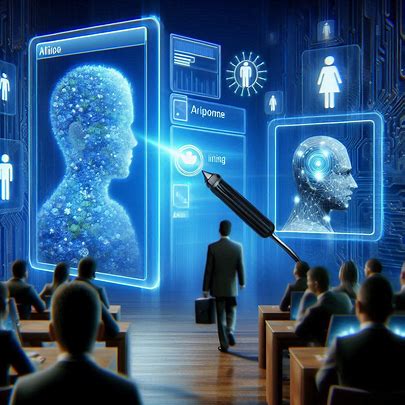
The job market is undergoing a significant transformation, largely influenced by the rapid advancement of artificial intelligence (AI) and evolving workplace dynamics. These changes reshape recruitment trends, creating a more dynamic and adaptive hiring landscape.
Companies Rely on AI for Hiring
AI-driven tools have become a cornerstone of modern recruitment processes. These tools assist recruiters by streamlining the candidate screening process, reducing the time and effort traditionally required for manual resume review. AI-powered platforms can efficiently analyze resumes and applications, identifying candidates whose skills and qualifications align with the job requirements. Beyond screening, AI also aids in scheduling interviews, sending automated follow-ups, and even assessing candidates’ soft skills through video interview analysis. This integration speeds up recruitment and enhances fairness by reducing unconscious bias in the initial candidate evaluation stages.
Skills Over Degrees
In today’s fast-paced job market, the emphasis on practical skills over traditional academic qualifications has gained momentum. Employers increasingly prioritize candidates with relevant hands-on experience, certifications, and demonstrable competencies. This shift reflects the growing recognition that traditional degrees may not always prepare individuals for the specific demands of modern roles, particularly in tech-driven industries. As a result, specialized training programs, boot camps, and micro-credentials are becoming highly valued, enabling job seekers to prove their expertise in specific areas.
Remote Hiring Becomes the Norm
The rise of remote work has revolutionized hiring practices. Companies are no longer restricted to local talent pools, enabling them to source skilled professionals from across the globe. Remote hiring broadens the range of available talent and fosters diversity and inclusion. This trend offers unprecedented flexibility for candidates, allowing them to balance work with personal commitments. Meanwhile, organizations benefit from reduced overhead costs and the ability to adapt to a remote-first culture.
These shifts mark a new era in recruitment—one that is faster, more inclusive, and skill-focused, driven by the power of AI and the changing needs of the modern workforce.